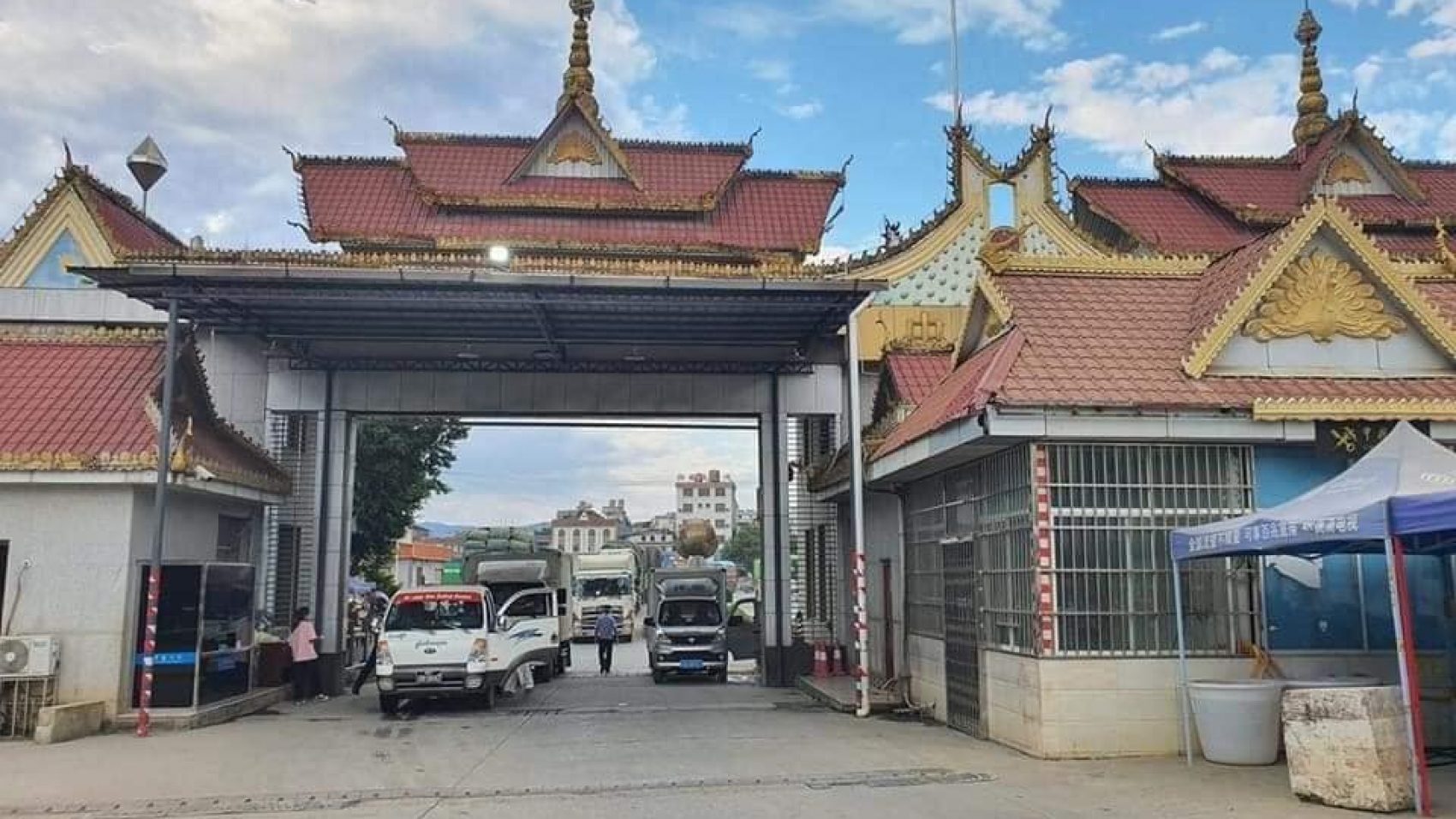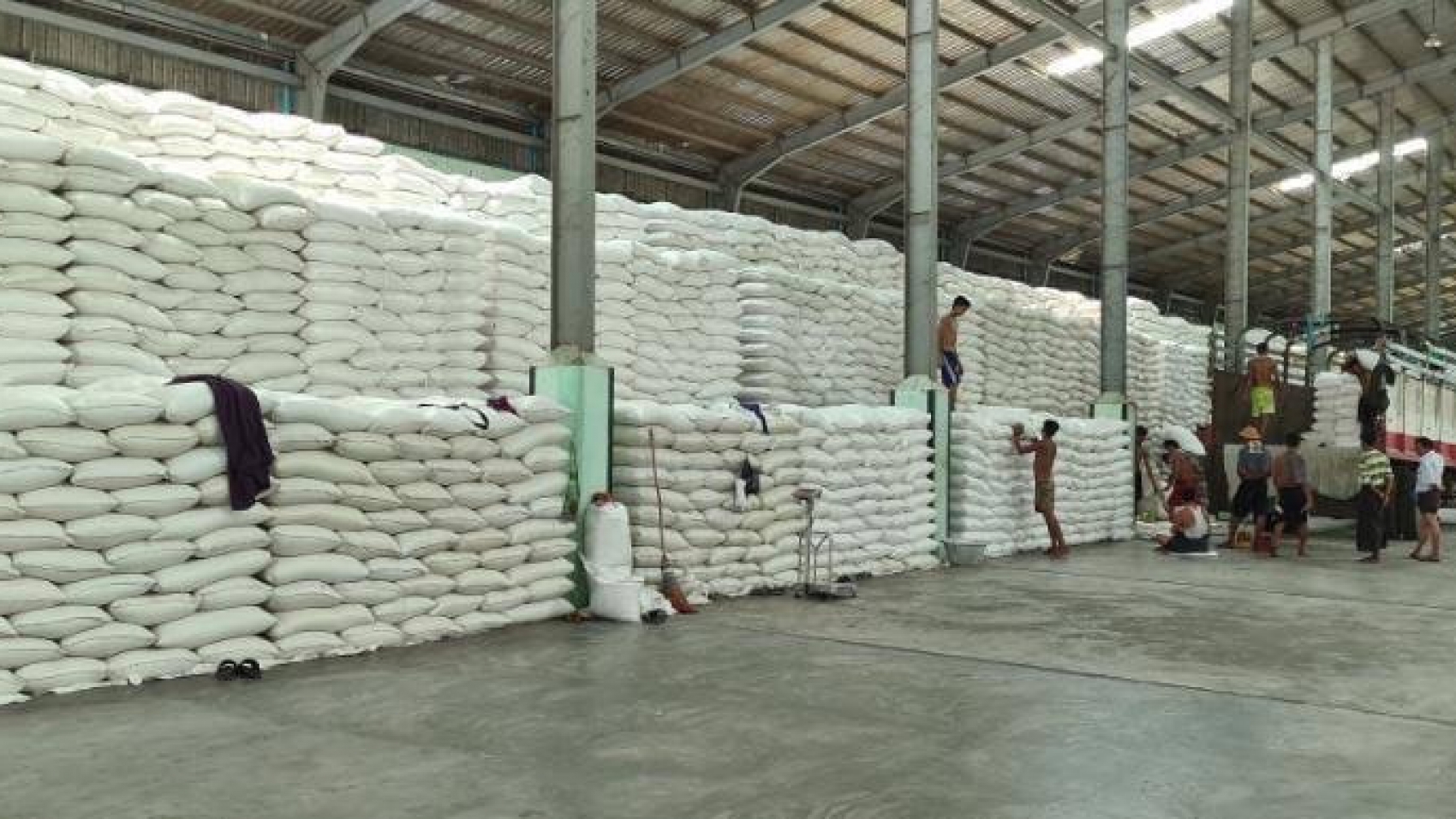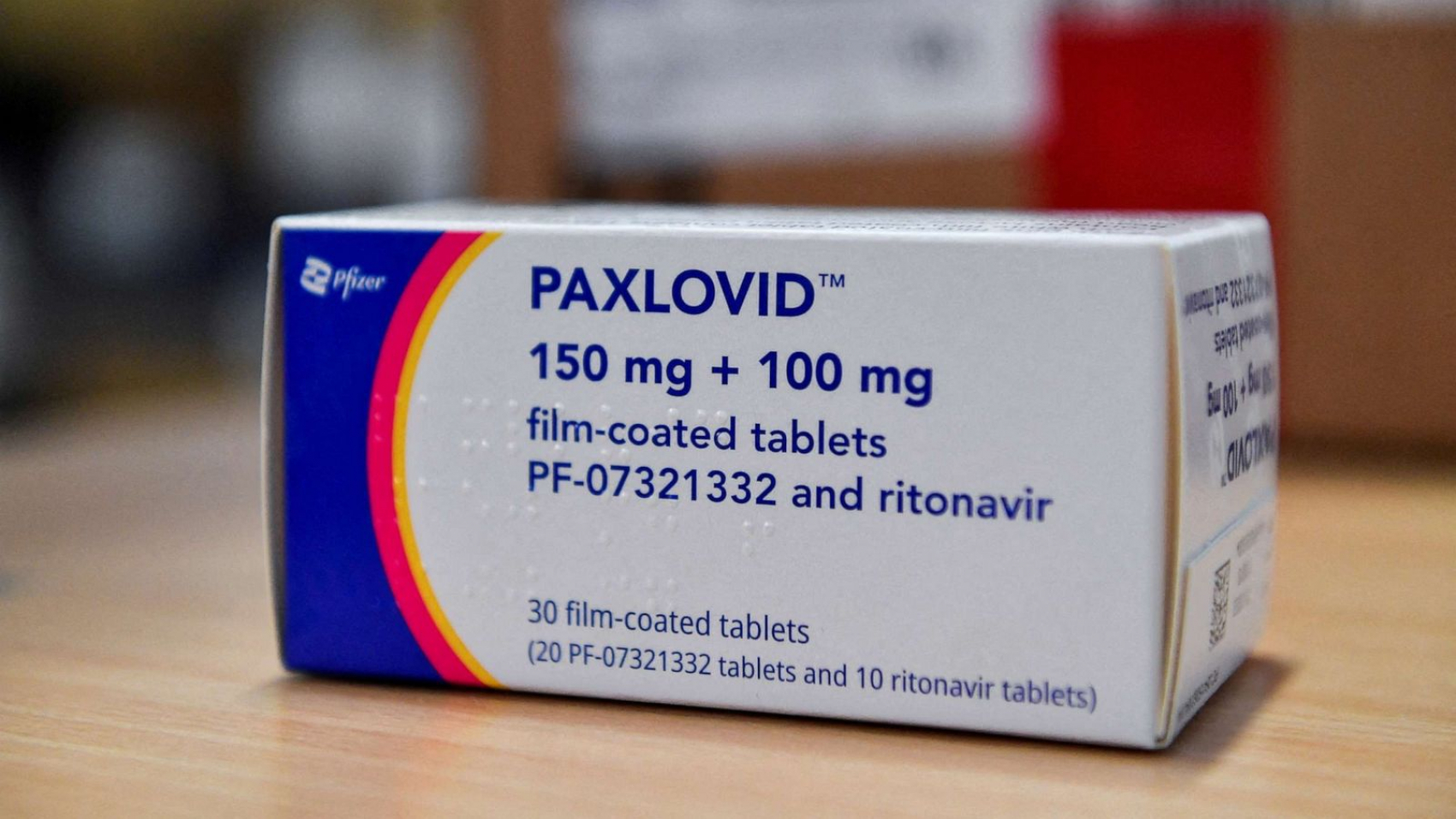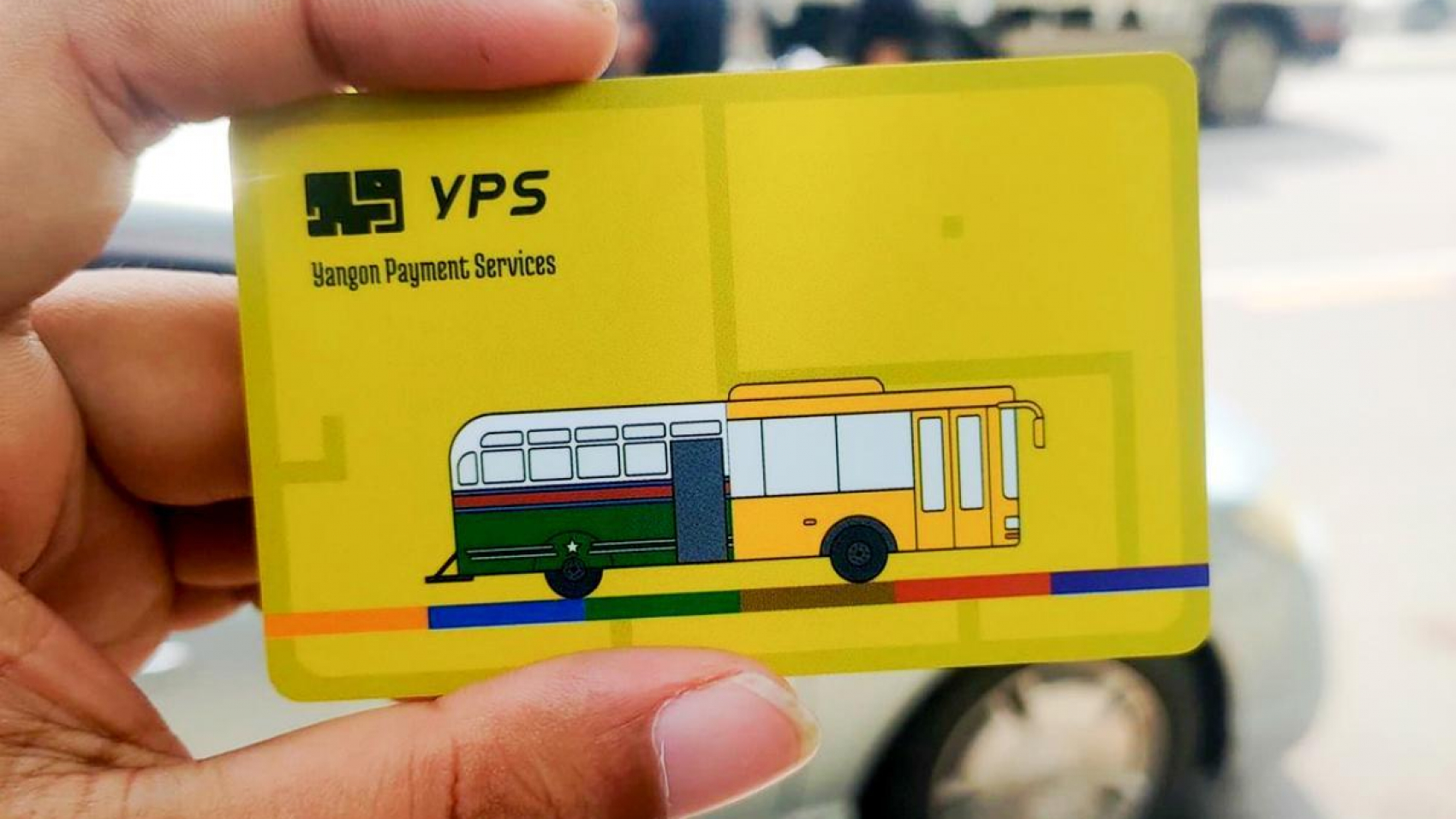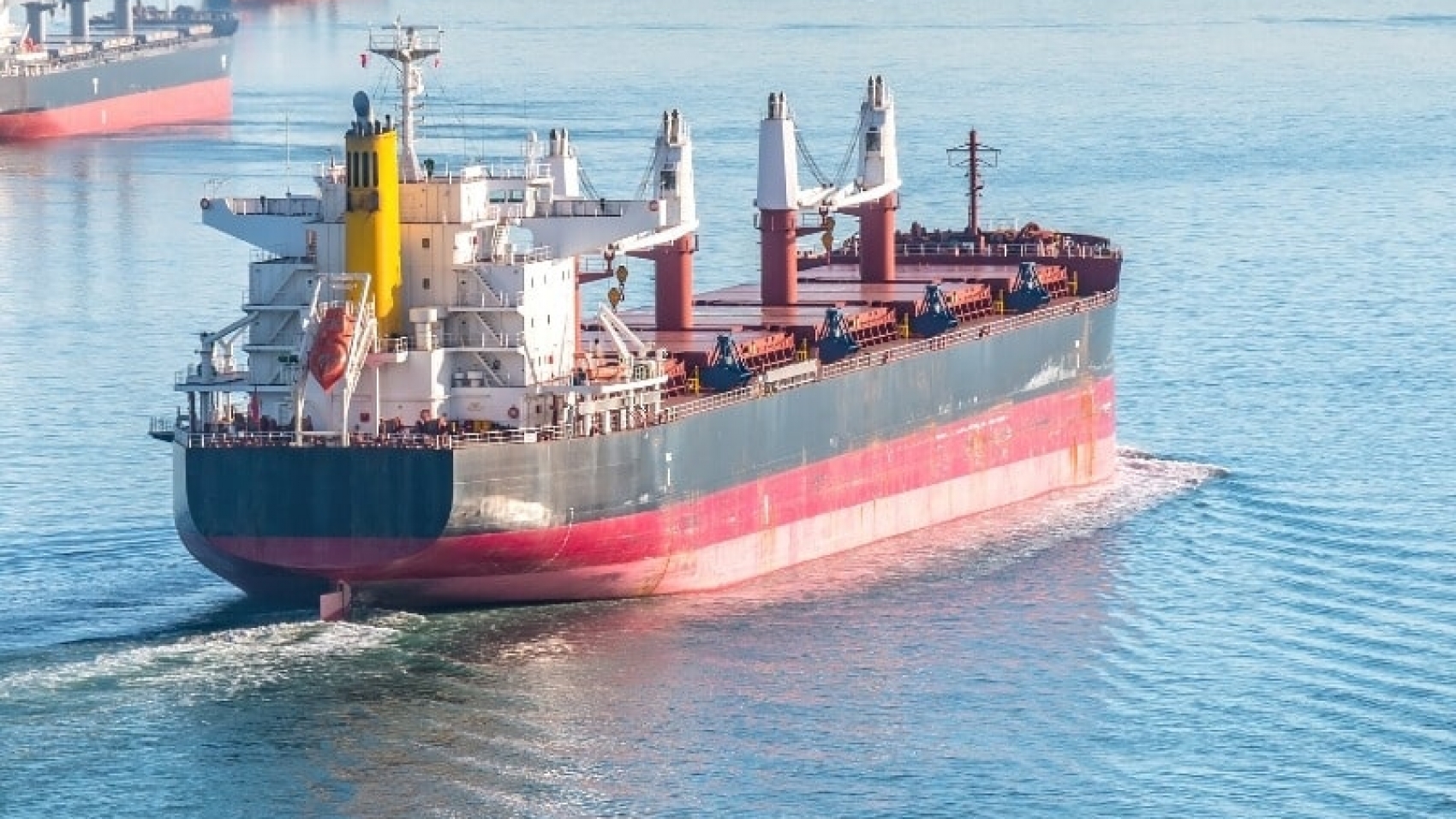Authorities from Myanmar and China discussed the reopening of the Kyalgaung border post. China has restricted border access through the Muse-Kyalgaung (Mang Wein) border posts, which is a major border crossing between Myanmar and China amid the COVID-19 cases since 30 March 2021. On 18 October, Myanmar’s officials and counterparts from Tathong, Yunnan Province negotiated the promotion of bilateral cross-border trade through videoconferencing.
The meeting highlighted the resumption of the Kyalgaung border post, implementation of container transport to facilitate the trade along the Muse-Ruili route, the direct Yuan-Kyat trade, seeking the permit for legitimate exports of avocado, pineapple, pomelo, lemon and sweet potato from the General Administration of Customs of the People’s Republic of China (GACC) at the soonest, giving green light to Myanmar trucks carrying sugarcane as the sugarcane season is approaching and the ease of the COVID-19 restriction measures in the border areas.
Before the pandemic, Kyalgaung was the busiest and biggest trade post and it performed the highest trade on the China-Myanmar border. Those traders involved in the Muse trade zone are relying on Ruili city. There is a direct trade channel to Ruili through Kyalgaung point so the traders have a smooth transport. This route brings easier and better access to Ruili from the Muse border checkpoint. Only when the Kyalgaung border post is reopened can the trade boom, traders elaborated. China shut down all the checkpoints linking to the Muse border amidst the COVID-19 pandemic.
Of the checkpoints, Kyinsankyawt has resumed trading activity from 26 November 2021. Myanmar daily delivers rice, broken rice, rubber, fishery products, chilli pepper and other food commodities to China through Kyinsankyawt with about 70 trucks and building materials, electrical appliances, pharmaceuticals, fertilizer, household goods and industrial raw materials are imported into the country with 30 trucks. Myanmar has opened five border trade zones with China; Muse, Lweje, Kampaiti, Chinshwehaw and Kengtung. The majority of the trade is carried out through the Muse land border, Ministry of Commerce’s data indicated.
Source: The Global New Light of Myanmar

